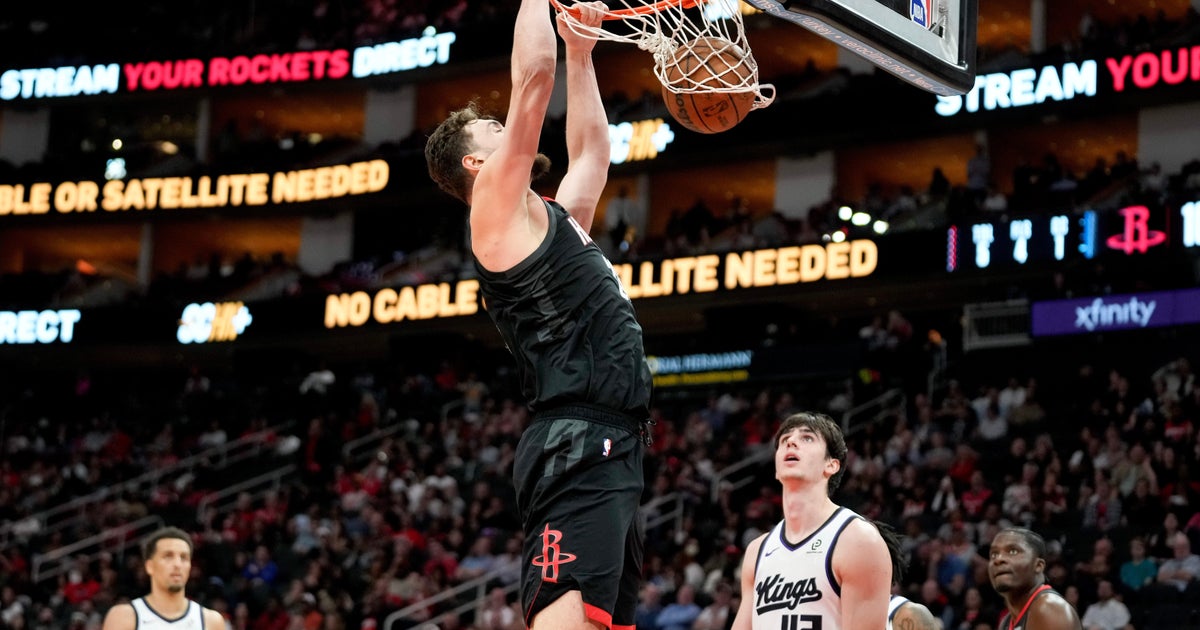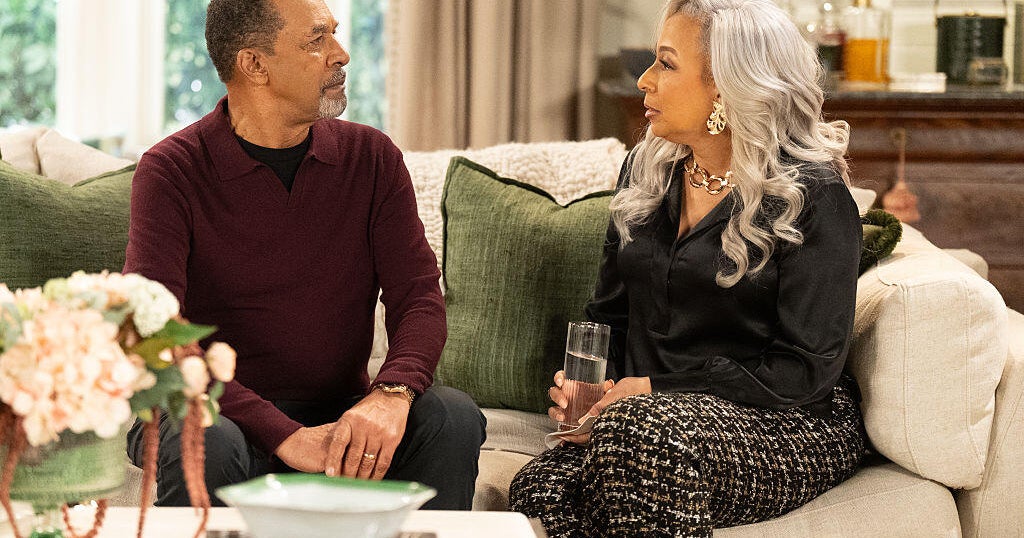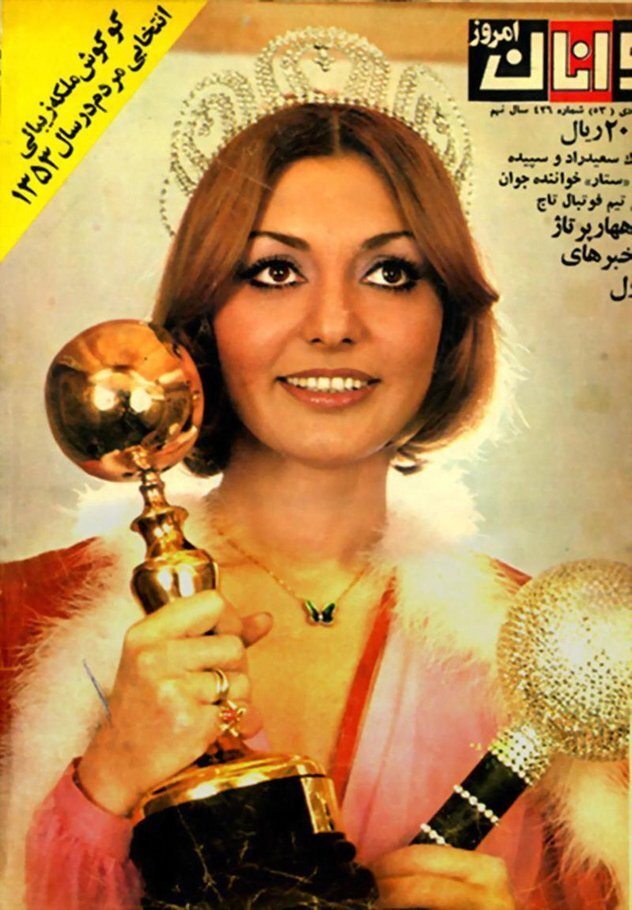"Real World" star says a lot has changed since the series' debut — but racism in America hasn't
"The Real World" reshaped the landscape of reality TV — and entertainment itself — when it first aired nearly 30 years ago. Featuring real conversations between real people, the show touched on sensitive topics of racism, homophobia and other issues that were simmering beneath the surface of national conversation.
A lot has changed since then, one of its original stars said. And a lot hasn't.
"Our show was Rodney King, L.A. riots, rebellion — our show now, we literally had the insurrection of January 6 and we have this Derek Chauvin trial happening," Kevin Powell said Monday on CBSN.
In May 1992, Powell was introduced to the world as a young writer living in a loft with seven other strangers aged 19-26 in a New York City loft.
Powell, who is Black, and a White cast member, Becky Blasband, had made headlines with a revealing and heated argument about race relations in the U.S. that led to Powell calling Blasband a racist.
Now almost 30 years later, those themes are revisited in "The Real World Homecoming: New York," a six-part reunion streaming on Paramount+. The service is owned by ViacomCBS, the parent company of CBS News.
According to Powell, they are just as relevant today.
"Certainly my life, the life of some folks around me, individually we've been able to do some things because of things introduced over the last 30 years — but the fact is, I can leave my home right now in Brooklyn, New York and not survive because of who I am, is the fundamental problem of racism in this country," Powell said.
He compared "The Real World" to a mirror being held up to society in the way it brings "different people together even with these uncomfortable conversations," but said it should also be a marker of how far society still needs to go.
"It can't just be Black people, people of color dealing with racism, it can't just be women dealing with gender oppression, it has to be all of us," Powell said.
Since the series' reboot, the reality star said the response he's received has been "overwhelming," both from Generation Xers who grew up with the show and many millennials who may have not.
"It is helping them understand some things, these uncomfortable conversations, especially because we just came out of the Trump era of all this hostility," he said. "I think it has been a blessing to be able to do this, we're still the same people we were then in the sense that we're still having open, honest conversations, even if we don't agree with each other."
In other senses, however, Powell noted some cast members have grown as well.
After the video of George Floyd's death in Minneapolis police custody sparked international outrage, Powell said his former co-star Norman Korpi reached out to him.
"He said, 'I just wanted to say I apologize to you because I did not understand a lot of things you were saying back in 1992 during the original show, but I have been watching these viral videos for the last few years, this one obviously is so egregious, so obvious he was murdered,'" Powell recounted.
"What I see from a lot of people — this has been a multicultural army of people that have been out there protesting in America, our country, and all around the world — that people of all different backgrounds understand that if one group of people are not free, then no people are free."



